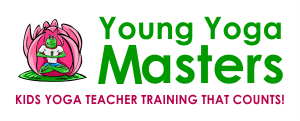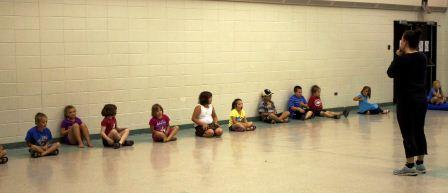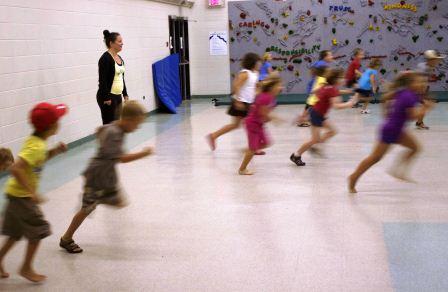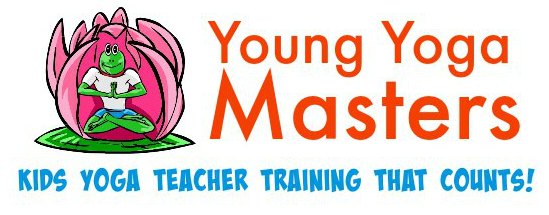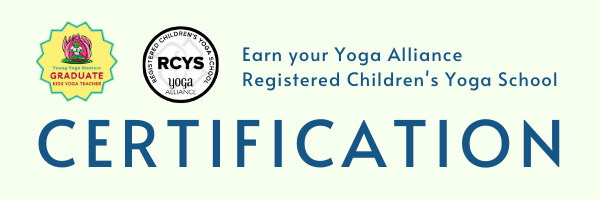I recently took some yoga teacher CEU’s (Continuing Education Units) in a wonderful course called “Mind and Meditation.” I can’t wait for my next kids yoga class to try this one communication tip using The Three Functional Aspects of the Mind.

The Three Functional Minds can become a lesson plan in your kids yoga classes. For now, here’s a recap of the functional minds and then see how you can use them for classroom management.
The Negative Mind functions to help you identify obstacles and potential dangers. It is negative because it examines the reasons NOT to do something; it is not negative in terms of bad. You utilize the negative mind when you see danger on your path or when you avoid something to protect yourself.
The Positive Mind sees the opportunities and possibilities. It is positive like a green light, meaning go! The positive mind is not always right or good, but functions to explore why you would say yes to something. Your positive mind will see the advantages of following up with a good contact or idea.
The mind usually starts its cycle with Negative then goes to Positive. Then the third Functional Aspect of the Mind, the Neutral Mind, kicks into action.
The Neutral Mind weighs in to clarify the directions given by the Positive and Negative Minds. It does the cost/benefit analysis. Sometimes the Neutral Mind puts things in perspective by remembering the big picture. Sometimes you get insight that it doesn’t really matter if you choose the chocolate brownie or the key lime pie as long as you eat dessert in moderation.
You know a Neutral Mind statement because it is true now and will remain true 100 years from now.
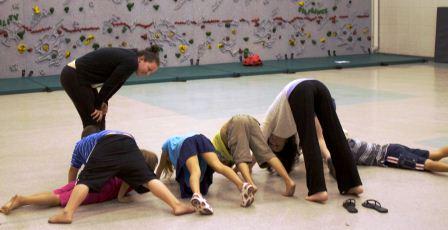
How can the Three Functional Minds help classroom management?
When you are teaching, use not just negative and/or positive mind statements, nor give only Neutral Mind advice. For classroom management try giving all three statements.
Here’s an example for when a class is getting rowdy and needs some calming down:
- Negative Mind Classroom Management: Slow down because someone might get hurt.
- Positive Mind Classroom Management: Move in slow motion for fun.
- Neutral Mind Classroom Management: Yoga requires balance.
How does saying all three sound different than just one function to you?
Three Functional Aspects Classroom Management: Slow down because someone might get hurt. Let’s move in slow motion for fun. Yoga requires balance.
You won’t need to do all three every time you have a rowdy class, but consider the three Functional Aspects of the Minds for those tough times when you really want to emphasize the class rules.
According to these Yogic teachings, your students will naturally be drawn to look at all three functions of the mind anyway. Giving one can be effective but when you just give one, the kids may come back with the other functions that were not given.
Share your thoughts and comments:
Does anyone have a tough or successful classroom management example they’re willing to share?
Can you come up with an example of how to use the Three Functional Aspects of the Mind in classroom management if someone doesn’t want to participate?
What is your favorite classroom management tip or resource?
Upcoming Events:
Take a look at upcoming Kids Yoga Teacher Certification Courses to enhance your yoga for children.
